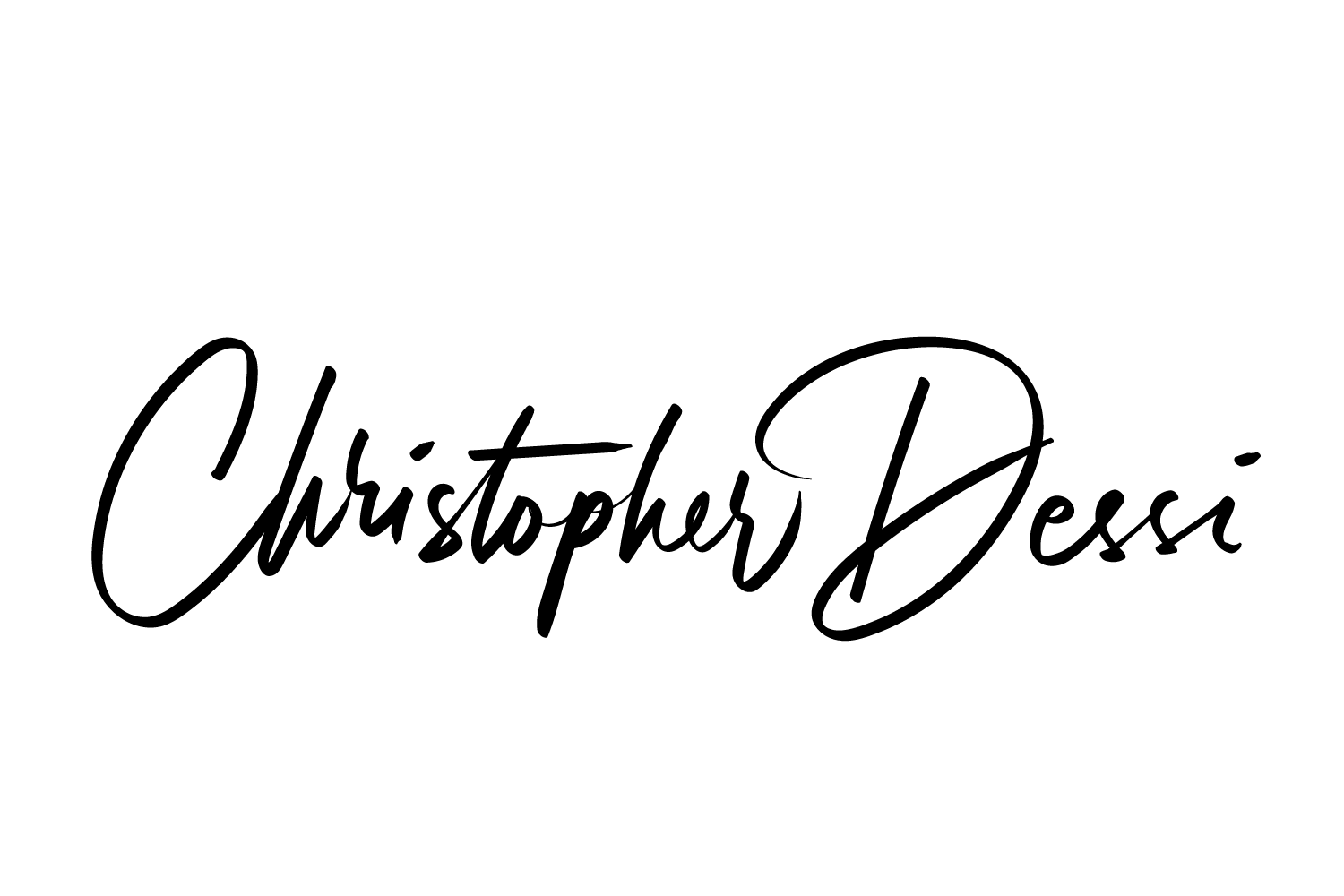Last week I finished listening to a fascinating audio book Crowdsourcing: Why the Power of the Crowd Is Driving the Future of Business. This week I can’t stop thinking about the implications of this theory within the ecosystem of Social Media.
In the book Howe explores the rise of the Amateur, and how today; more than ever individuals can participate in an activity that they love at a fairly high level. He sites an example with Birdwatchers. Amateurs defined a new species of bird a full year before the professional community announced the discovery. The overall reaction from the amateur community of course was not favorable. A collective “no sh*t Sherlock” after it was announced.
Power is shifting. Tools are readily available to everyone. Gone are the days of high costs associated with websites. People can publish and share information easily around the world with the click of a mouse.
It seems natural than that professional communities who aren’t embracing the power of crowd sourcing are failing. Others that welcome it are blossoming. NASA put crowd sourcing to the test. They leveraged their internal experts in conducting a test that took two years. They documented their findings, and then offered the test to the community and waited.
The result?
In less time, for less money (amateurs that have a passion for astronomy apparently love getting these types of riddles from NASA, and solving them for free) solved the problem; ostensibly coming up with the same conclusion that NASA has with their own internal “professional” team. Fascinating, don’t you think?
So why does this work, and how can this make us as a society smarter? Apparently the crowd will always out perform the individual: here’s why:
Think of the “Who wants to be a Millionaire” scenario. The crowd in the audience is almost always right: why? If there’s a multiple choice question that’s very difficult and nobody knows the answer, odds are that people will guess evenly across each of the 4 options. If there is only 1 single soul in the audience that knows the answer, the crowd is correct. 
Again, fascinating.
Apparently the crowd gets more intelligent the more diverse the individuals. Think: jury selections, game show studio audiences: and anyone with a passion for birdwatching that can share their finding with the global community. Here’s where I see the parallel to social media, and more specifically: Twitter.
Since Twitter is word of mouth on steroids, and the people that you follow, or follow you are from such a wide swath of humanity; you’re tapping into a pool of humanity that is engaged, willing to help, and readily able to activate action. Powerful. ![]()
If Tim O’Reilly tweets out to his 700,000 plus followers a difficult question about government, odds are that he’ll get some pretty phenomenal answers. Why? Because he generates interest in this area, and has followers from all walks of life: Technology, politics, entertainment, finance, media, etc; the greatest minds on Twitter are following Mr. O’Reilly.
Currently Mike Lazerow has 2603 followers on Twitter. I’d venture to guess that the people that following him cover numerous demographics: everyone from business owners, CEO’s, Venture capitalists, golfers, marketers, social media enthusiasts, Phish fans, parents, job seekers etc…why? Because of the content of his tweets. He talks about everything he’s passionate about in his life, and people follow people tweeting about things they’re interested in. His followers are a very diverse group, and I’m certain would be a valuable tool to get answer to almost any difficult questions he may encounter.
So today, test my theory out, and ask your followers a question you think will stump them, and see what bubbles up. Let me know what happens?
Happy Twittering; it’ll make you smarter ![]()

